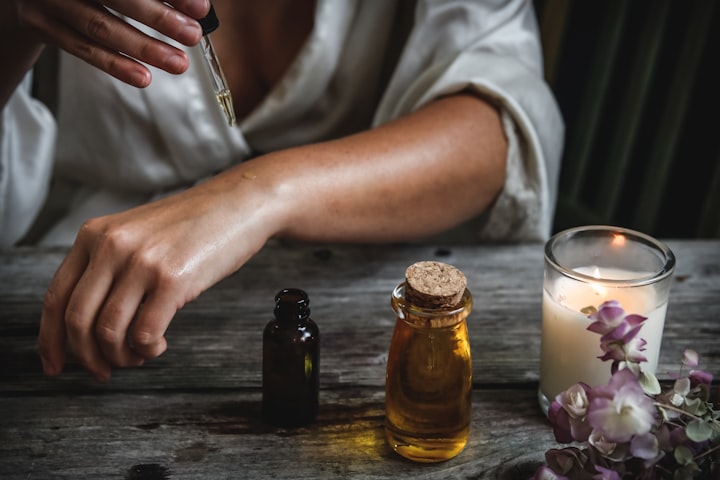Bad Sleep Turns Your Immune System Against You
Importance of Sleeping

DNA is altered, dumping too many white blood cells into the body in what appears to be a lasting problem.
Lack of sleep is known to lower your immune defenses and lead to higher risk for all sorts of diseases in the near term and over time. New research offers some insight as to why: Sleep that’s too short or fragmented during the night actually alters the DNA inside stem cells that create your body’s white blood cells, key to the immune system.
As a result, the stem cells kick out too many white blood cells, flooding the body and causing an overreaction of the immune system that can trigger inflammation, which in turn can cause heart disease and other inflammatory disorders. Catch-up sleep, already deemed of dubious value, does not seem to rectify the problem.
“The stem cells have been imprinted, or genetically altered, under the influence of sleep restriction,” said study team member Filip Swirski, PhD, director of cardiovascular research at the Icahn School of Medicine at Mount Sinai in New York City.
Put another way, the creative force behind the immune system is fundamentally altered, and the system loses some of its protective effects, worsening infections.
For the study, 14 healthy adults had their blood tested before a six-week period of sleep restriction, in which they slept 90 minutes less than their normal 7–1/2 or eight hours. Blood was drawn again after those six weeks, revealing higher levels of both the stem cells and the white blood cells.
A similar test in mice involved waking them several times at night, creating fragmented sleep rather than just reduced duration. A similar increase in stem cells and white blood cells was measured, as well as the altered cell DNA.
“It shows that in humans and mice, disrupted sleep has a profound influence on the programming of immune cells and rate of their production, causing them to lose their protective effects and actually make infections worse — and these changes are long-lasting,” Swirski said in a statement.
The findings are published today in the Journal of Experimental Medicine.
In the mice, even after a period of recovery sleep, the negative effects remained. While mice are not people, their bodily systems often serve as reasonable substitutes in scientific study.
“Our findings suggest that sleep recovery is not able to fully reverse the effects of poor-quality sleep,” said the research paper’s first author, Cameron McAlpine, PhD, an assistant professor of cardiology at Icahn Mount Sinai.
Previous findings had already suggested the limits of catch-up sleep. Even if it feels good to catch up, and you “get back to feeling normal,” some damage may have been done to the body and brain that’s beyond repair. Experts say some lost sleep on one night can be made up the next night, but only a few hours worth. Lack of sleep across several days or weeks almost surely does irreparable harm, even if it’s not visible beyond dark circles under your eyes and a cranky mood.
The new study adds to considerable research showing the effects of poor sleep on the brain, body, and emotions.
“Sleep impacts optimal functioning of nearly every cell and organ in the body,” said Marishka Brown, PhD, director of the National Center on Sleep Disorders Research. Brown, who was not involved in the research, said the insight “supports findings from larger population studies, which have shown that sleep can have a protective effect against a variety of conditions, including heart disease, cancer, and dementia.”
Experts say most adults should get seven to eight hours of sleep. About a third of adults sometimes or often don’t get enough (which means about two-thirds generally do). Kids and teens need a lot more, and among high school students, a shocking 77.9% don’t get the minimum suggested amount.
For many adults, better sleep and therefore improved health can be achieved through a range of options that require some effort, including: cut back on alcohol; set a consistent bedtime; get more physical activity and time outside every day; and develop a strategy to combat stress and anxiety.






Comments
Dark Secrets is not accepting comments at the moment
Want to show your support? Become a pledged subscriber or send them a one-off tip.